8 All-Natural Remedies for Seasonal Allergies
January 25, 2019
It’s that time of year. The time of misery. Mine, that is.
A nose that seems like there’s an endless supply of liquid running through it. The incessant sneezing (that’s oddly satisfying every time). Nasal congestion that’s heavy, almost painful. Continuous watery eyes. Uncontrollably itchy nose and throat that literally makes you want to scratch them. Embarrassing coughing. And postnasal drip (i.e. extra mucus at the back of your nose and throat that causes you to clear your throat often). Ahem-hem-hem.
Oh, yes, it’s not pretty.

If you’re—unfortunately—familiar with these symptoms, you’re not alone. Particularly during the spring—and even summer—allergies can be awfully overwhelming and make you feel incredibly miserable.
Now, I’m not a huge fan of taking pharmaceutical drugs so, despite the misery, I try to bear with it for as long as I can. Lucky for me, substantial relief can be found from a number of easy-to-find natural remedies, which I'll share with you here:
1. Apple Cider Vinegar
The definitive multitasker, there’s practically nothing ACV can't do! Its anti-inflammatory and antibacterial properties make it a terrific natural remedy for your allergies. It helps decrease mucous production and cleanses up your lymphatic system.
To get quick relief, swallow a tablespoon of ACV. Oomph! I know, I know. It’s not for the faint-hearted. So for a more agreeable option, try mixing a tablespoon of ACV with a cup of hot water and a teaspoon of honey. That should be easier to take!
2. Honey
Your dripping nose and gooey eyes are your body’s soggy attempt to flush from your system the substance that it considers harmful to your health.
While you can’t really go ahead and tell your body to stop overreacting to grass and pollen because they aren’t really bad for you, you can help your body adapt to it. Give your body small doses of the pollen and grass that are irritating it.
How to do that? Well, honey of course! Because honey has certain amounts of the very pollen you’re allergic to.
Don’t get me wrong—a tablespoon won’t provide you with instant relief. But it can help reduce your allergy symptoms naturally over time. Try it and see how it goes!
3. Nasal Rinse
Your nasal passage is an intricate system of miniscule passageways. Pollen and dirt can get trapped in these passageways.
Your body will keep attempting to flush this from your system until it’s expelled. And this means an endlessly runny nose, sneezing, coughing, and watery eyes.
Flushing your nasal passages (also called nasal irrigation) using a saline solution works. This home remedy involves the use of salt water to clear nasal passages.
To make your own nasal rinse:
Using 1 cup of sterilized or distilled water, add ½ teaspoon of salt, and ½ teaspoon of baking soda.
How to use:
- Put your saline solution in a medical syringe or a squeeze bottle, position the tip into your nostril, and squeeze lightly.
- Make sure the saline solution streams toward the back of your head, not the top.
- Be careful to get the solution through to your nose and out the mouth, if not to the other side of your nose.
- Gently blow your nose after the procedure.
- Repeat a few times each day.
4. Exercise
While working out is possibly the last thing you’d want to do when you’re feeling miserable, exercise generates an anti-inflammatory impact in your nasal passages, resulting in naturally diminished allergy symptoms. If you’re worried about pollen, try an indoor workout. There’s always a way!
5. Vitamin C
An intake of 2,000 milligrams a day has the capacity to reduce histamine levels by a maximum of 40%. Now, that’s pretty potent! Focus on filling up on vitamin C through your diet. It's a vitamin that’s prevalent in a lot of fruits and vegetables. It also comes in supplement form! And because it's nontoxic and has no side effects, it's a totally safe way to deal with the symptoms of seasonal allergies.
6. Probiotics
In many cases, allergic reactions are a result of an imbalanced immune system. This imbalance results in a more severe reaction to foreign stimuli, such as dust, pollen, and grass.
Probiotics boost your immune system by providing you with good bacteria. For a great source of probiotics, try fermented foods like kimchi (I love Korean food!) of kombucha (Chinese tea). These would make healthy additions to your meal!
7. A healthier diet
Do I really need to say this? Eating healthy definitely helps! Load up on the following:
- Fruits: lime, apricots, oranges, cherries, tangerines
- Greens: celery, kale, cabbage, fennel
- Herbs and spices: cayenne, ginger, turmeric, basil, pepper, cumin, garlic, and cinnamon
You may also want to steer clear of beer and wine as these contain histamines and sulfites and can exacerbate your allergy symptoms.
8. Elderberry
Studies confirm that elderberry is one of the most effective antioxidant berries. The active ingredients in elderberries help discourage the inflammation of the mucous membranes and help fight the symptoms of seasonal allergy. It keeps bacteria at bay and helps deter nasal congestion and sinusitis.
Havasu offers the perfect immunity shield in the form of our Elderberry Capsules and Elderberry Gummies. These supplements deliver both antioxidant and immune support to promote your super immune defenses! Check out these products for your all-natural allergy-fighting supplements!
Enjoy the sheer beauty and wonder of spring and stop walking through the next months wallowing in a congested watery fog. Try these natural remedies and find those that work best for you. Let me know how it goes!



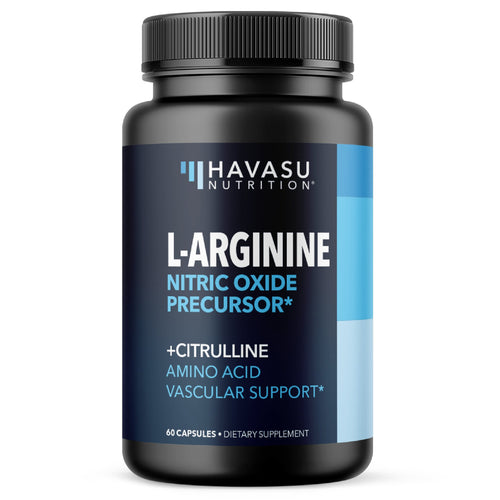
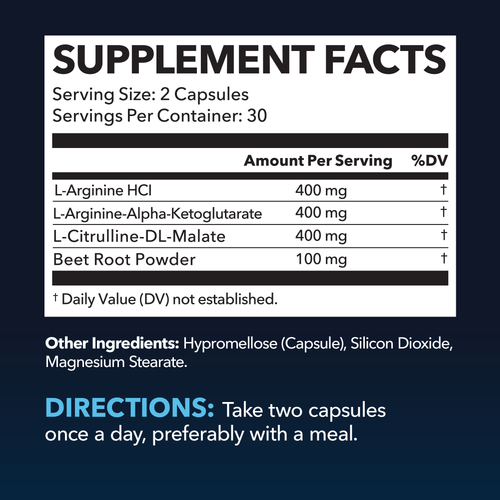
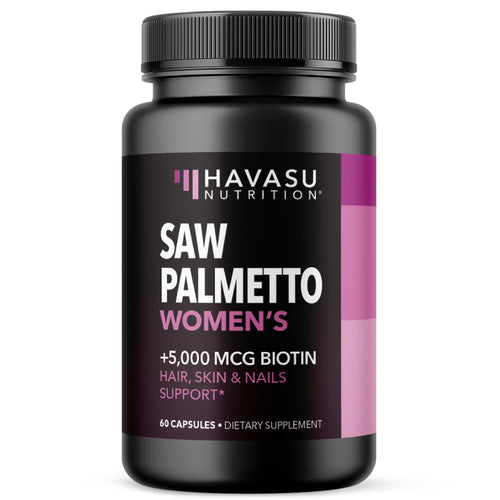
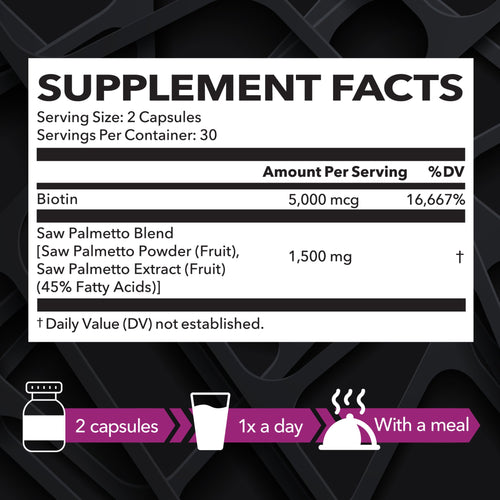
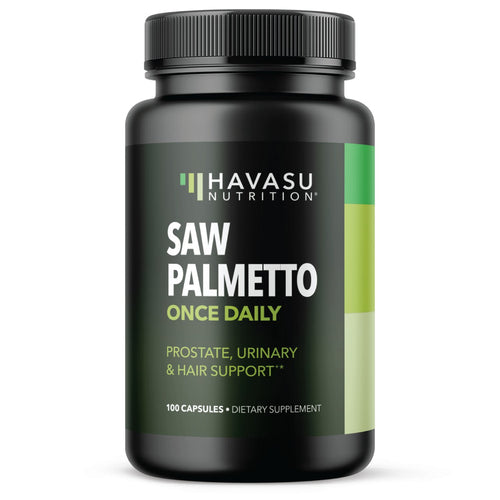
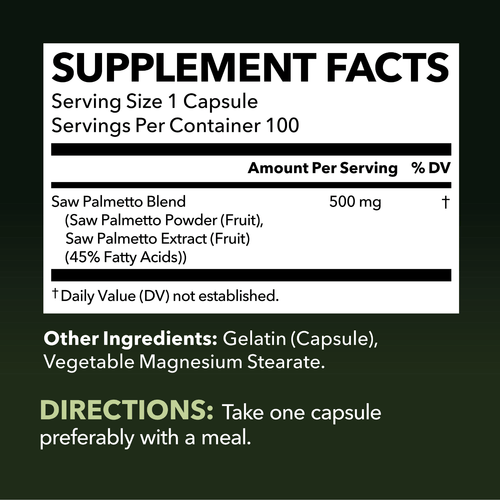
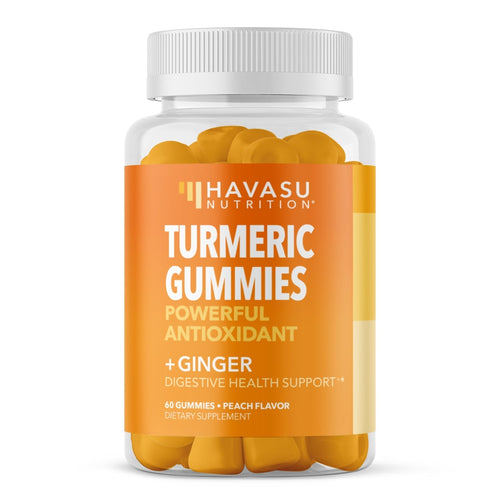
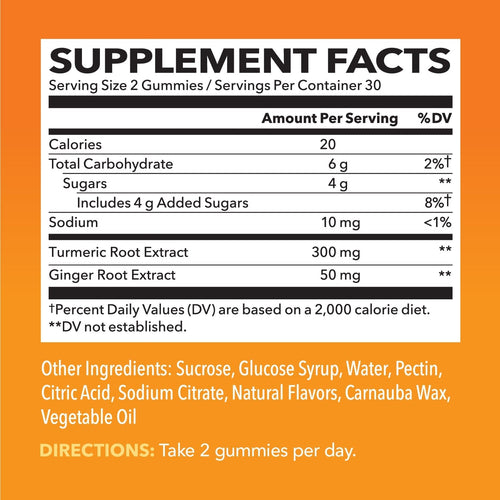
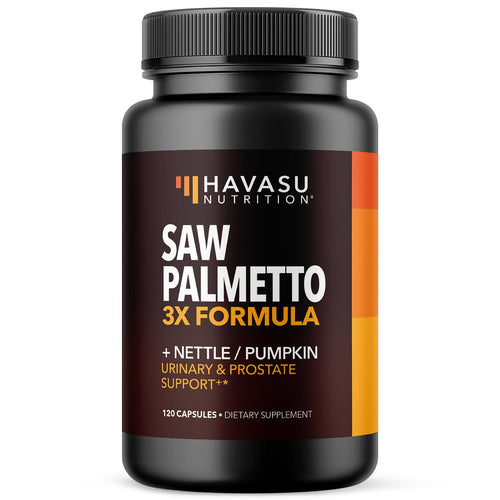
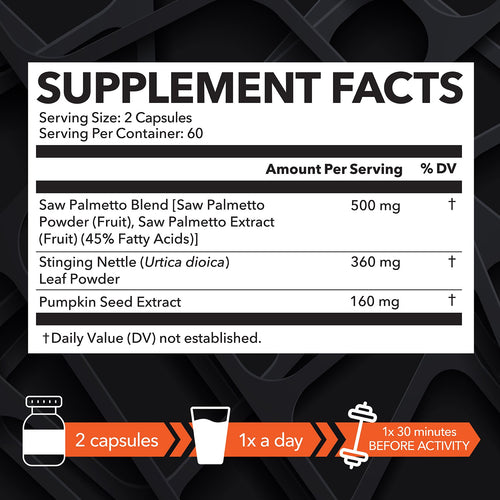
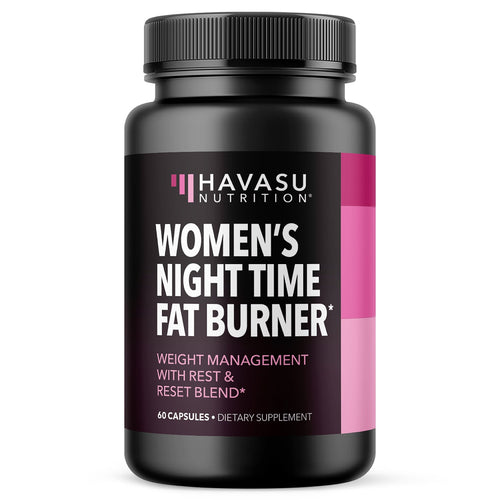
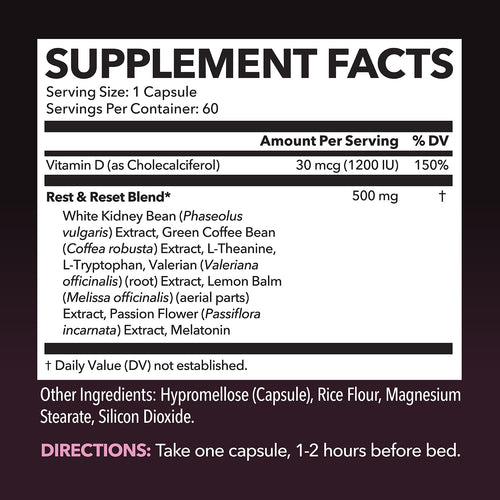
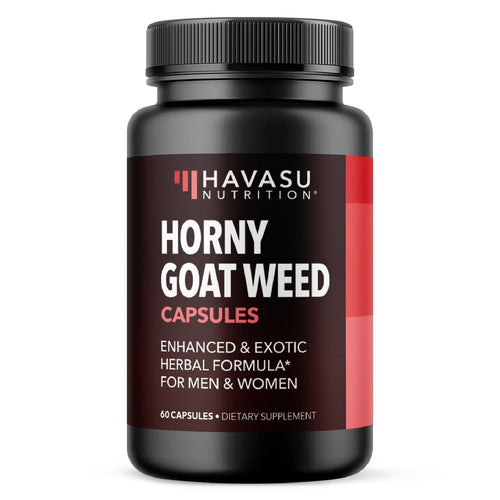
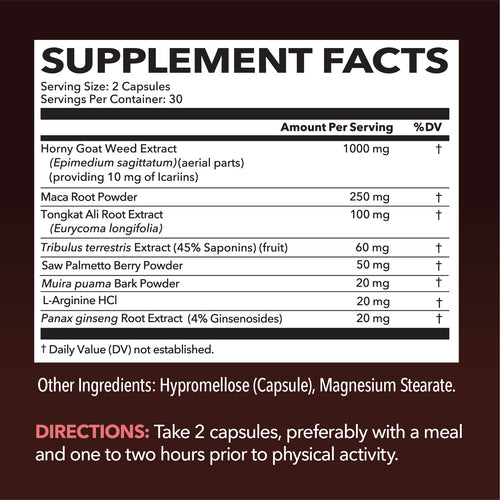


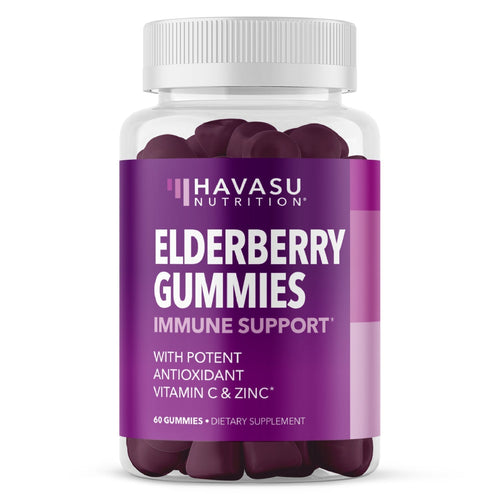
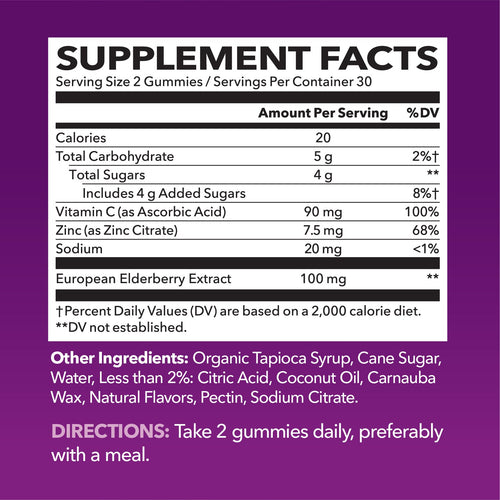
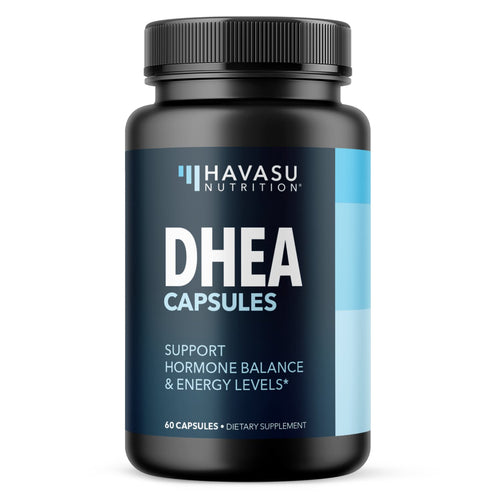
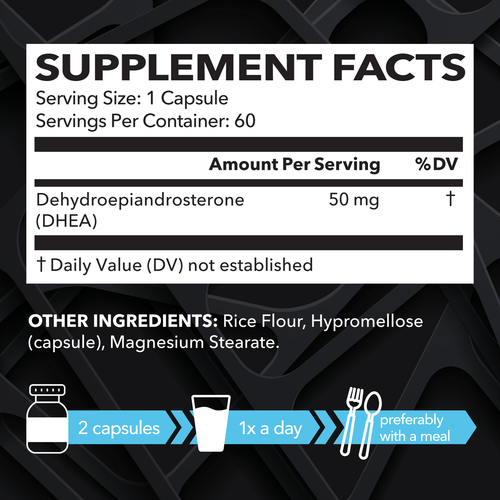
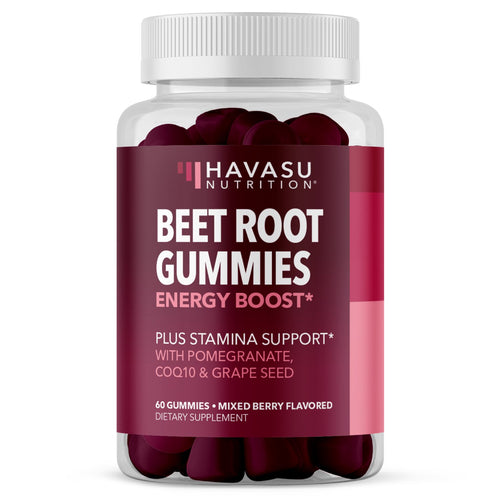
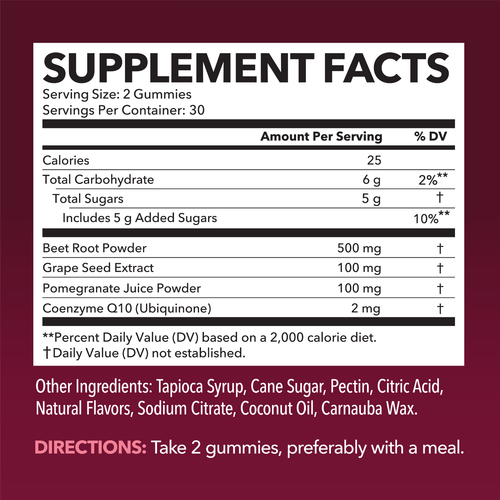
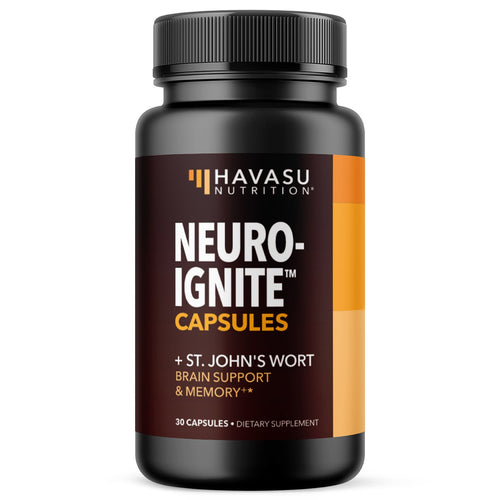
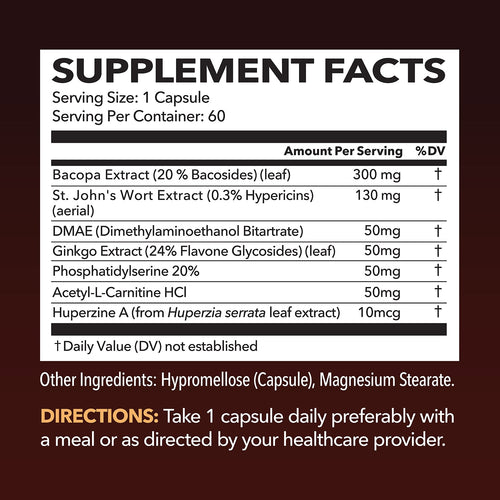
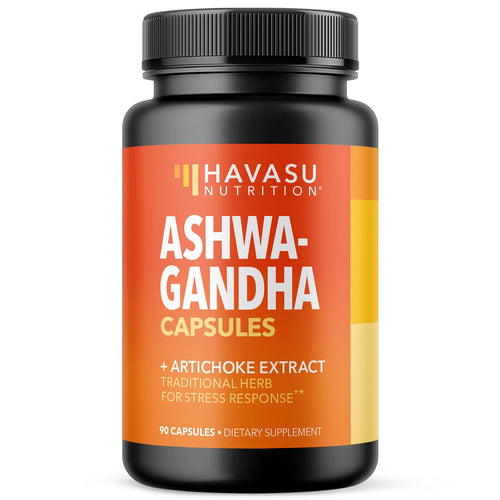
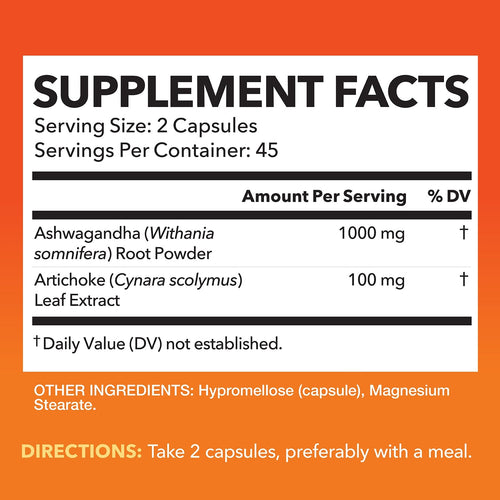
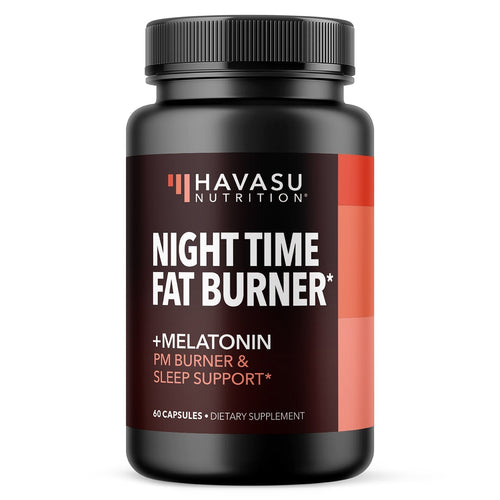
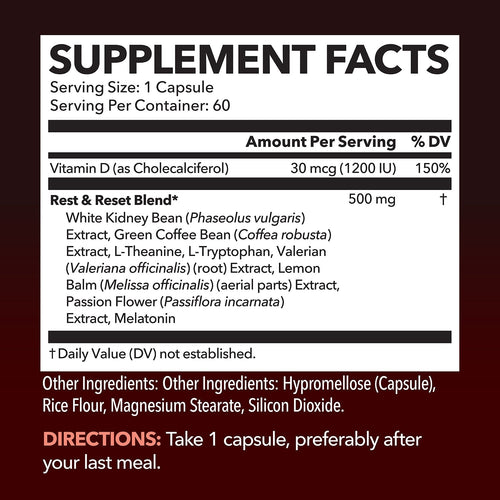
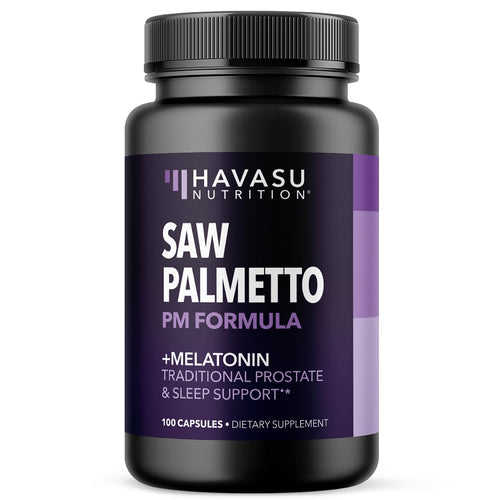
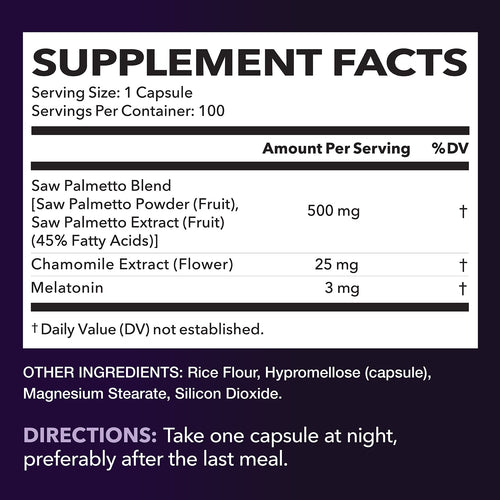
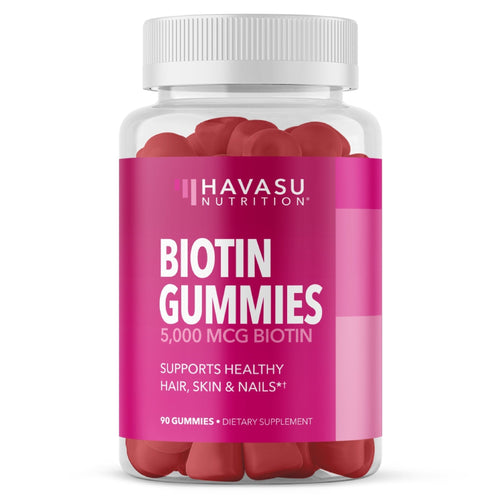
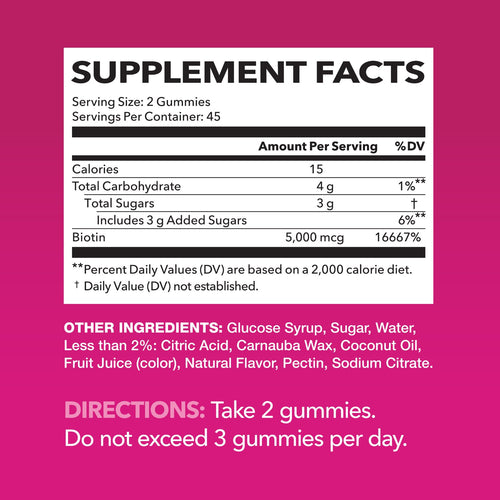
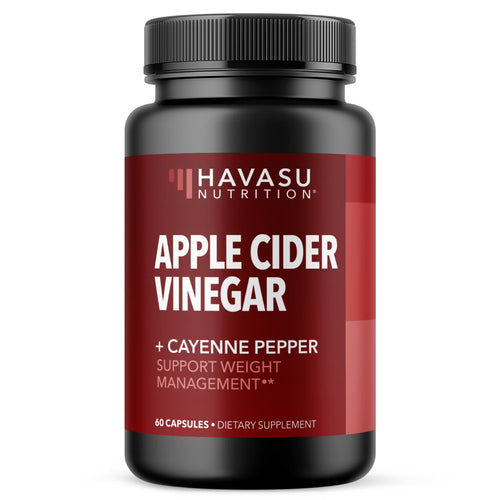
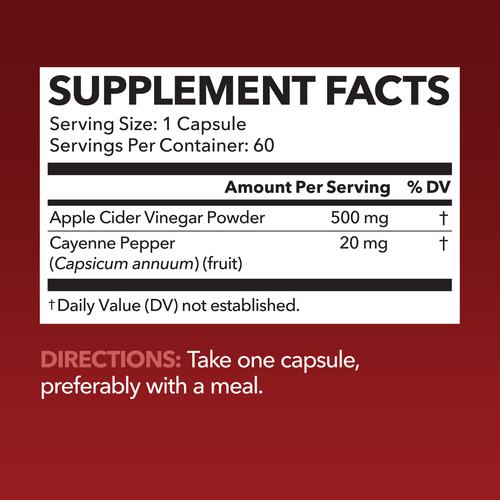
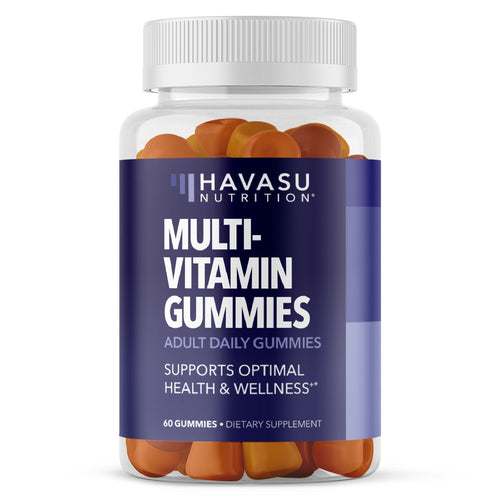
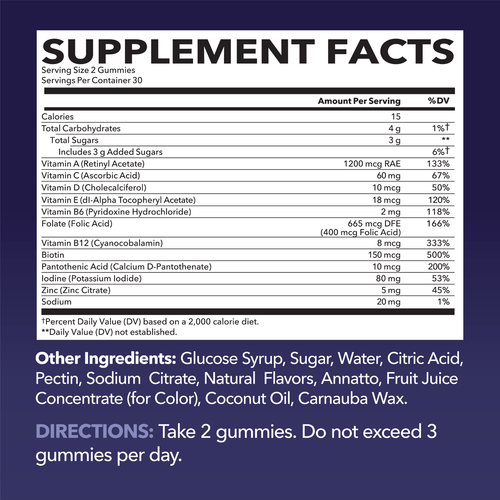
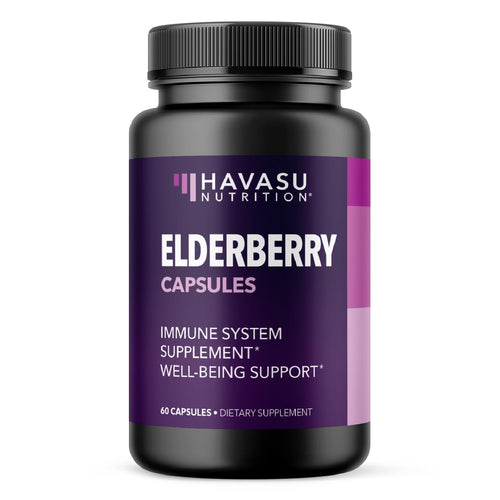
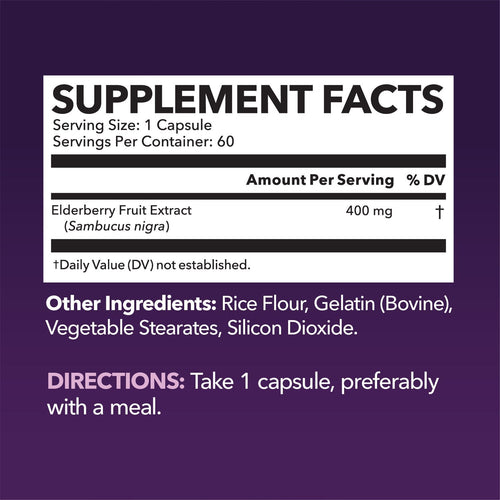
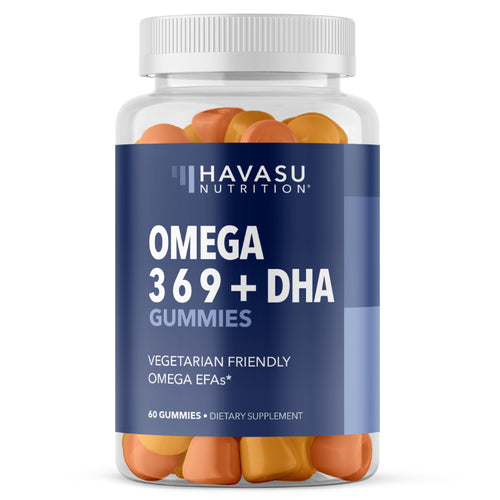
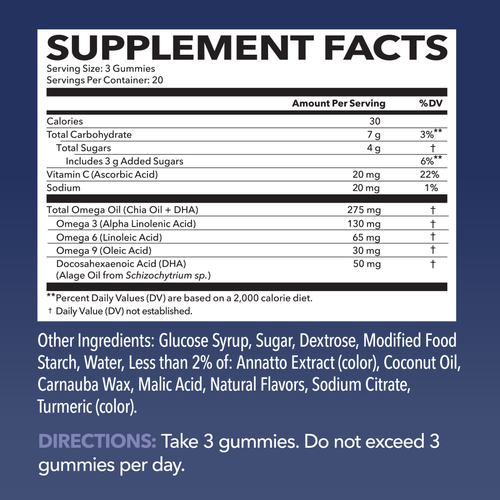
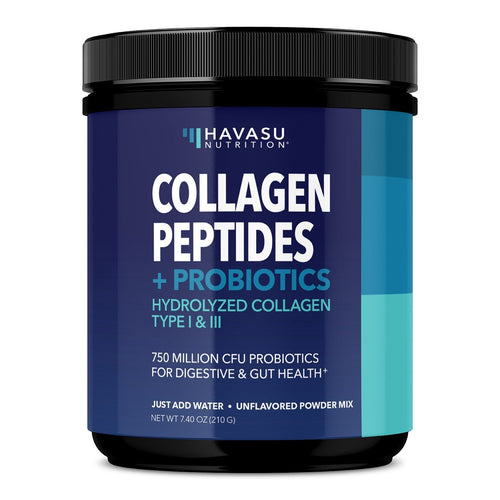
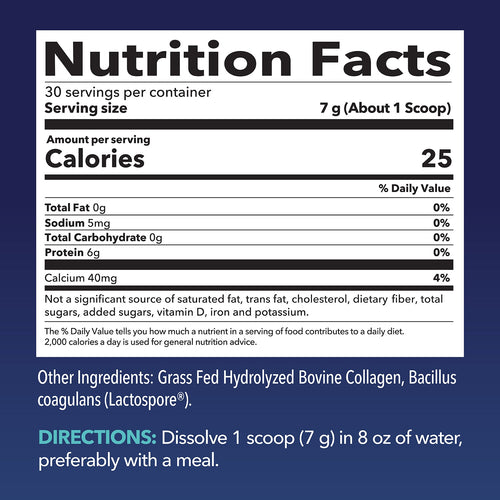
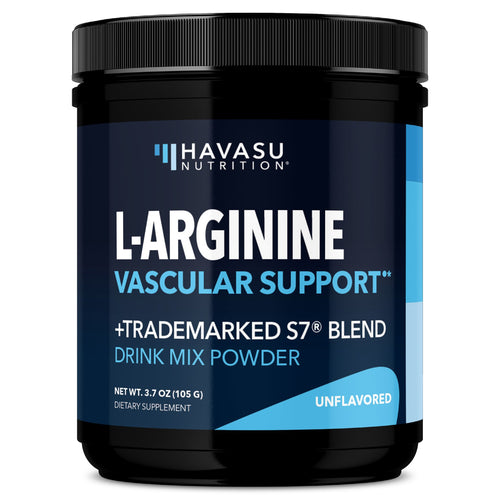
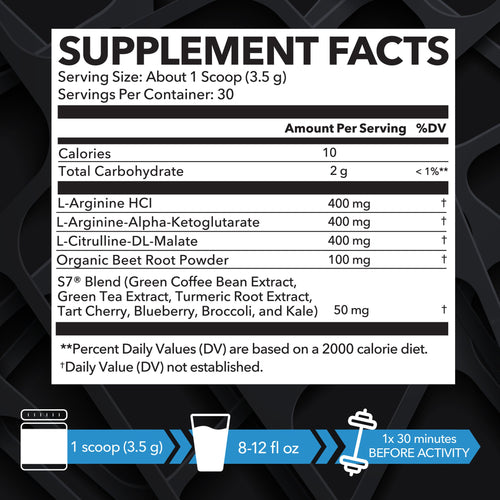
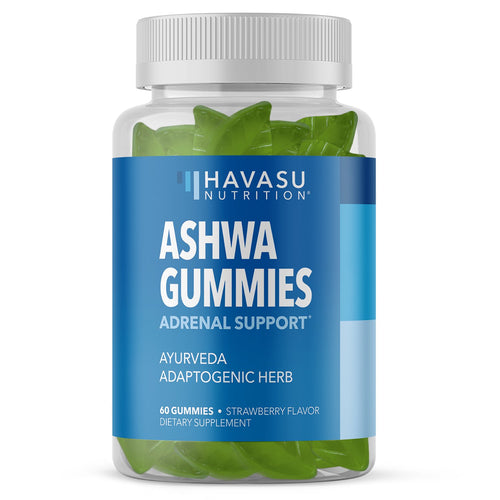
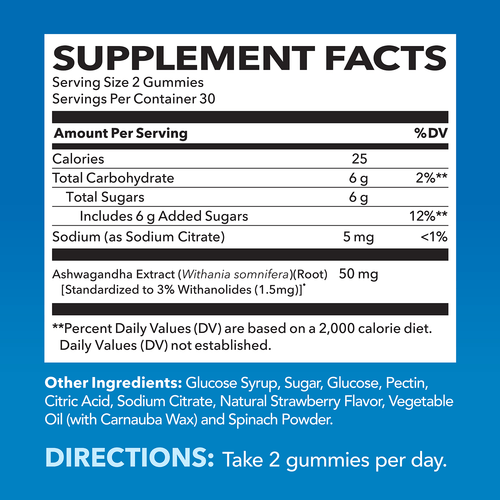
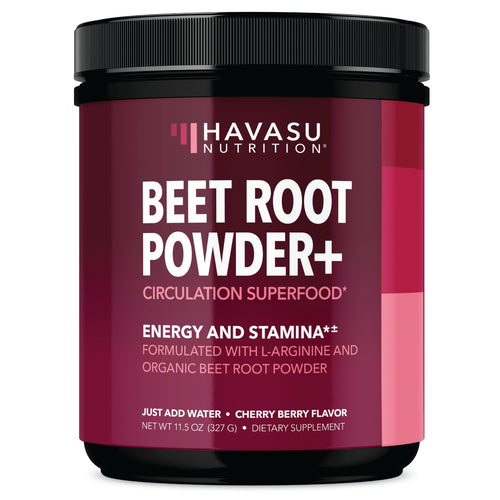
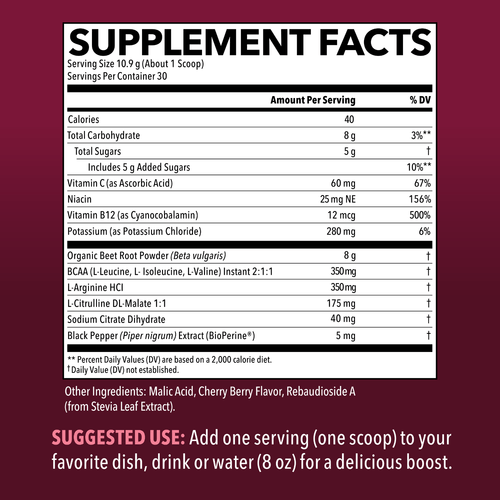
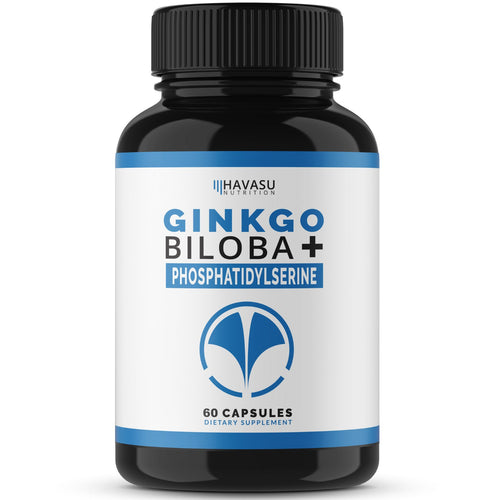
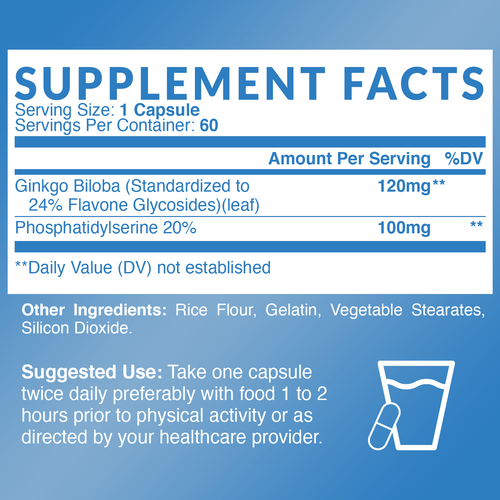
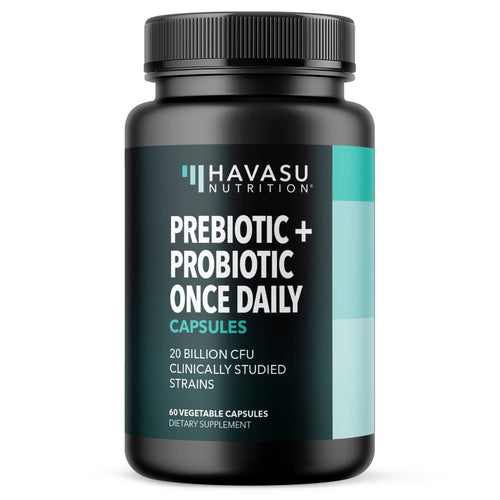
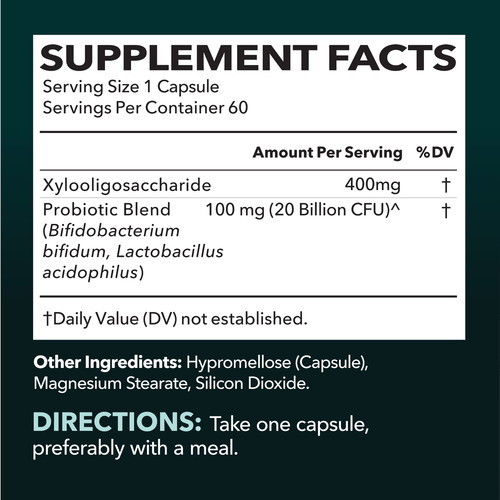
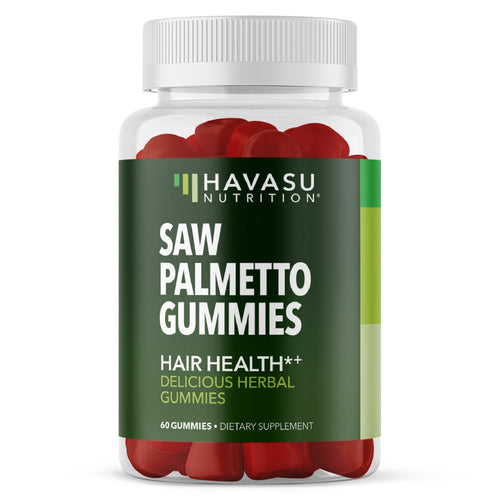
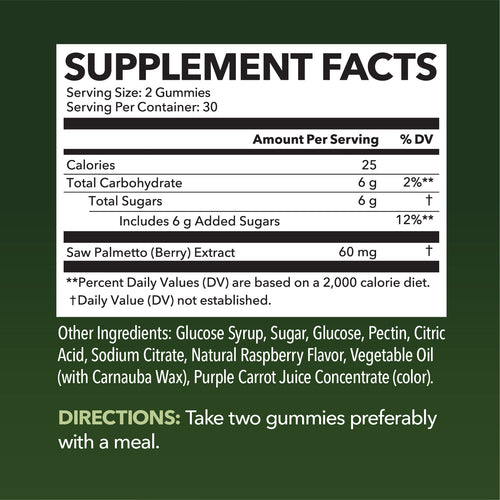
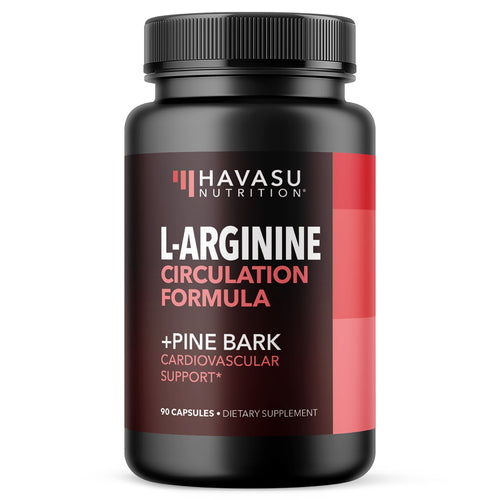
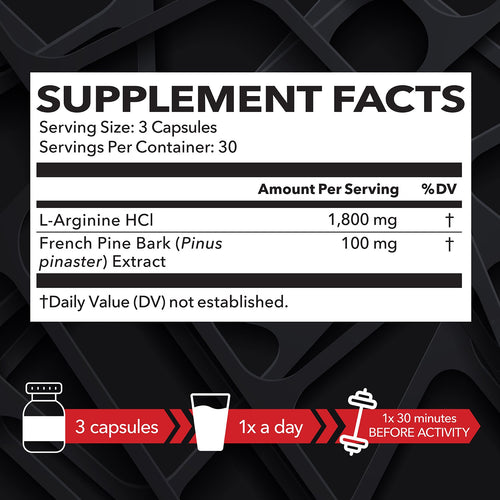
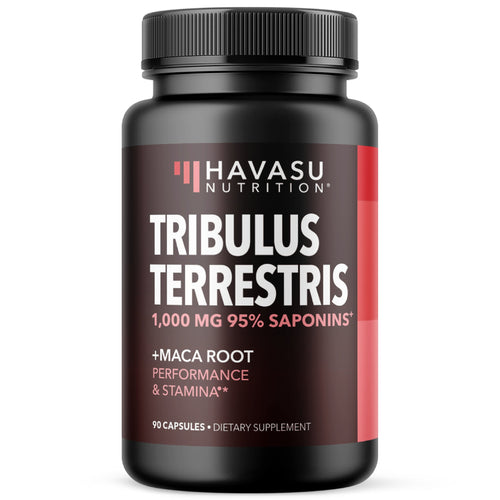
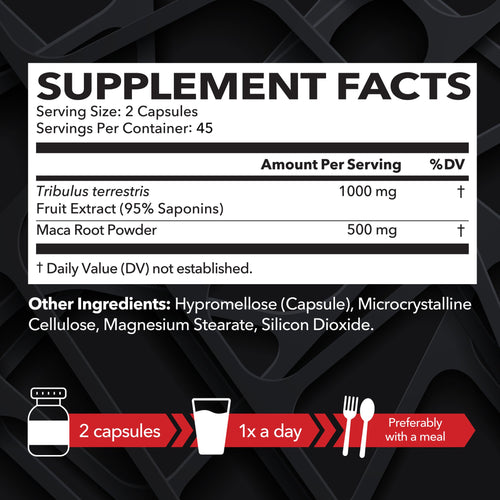
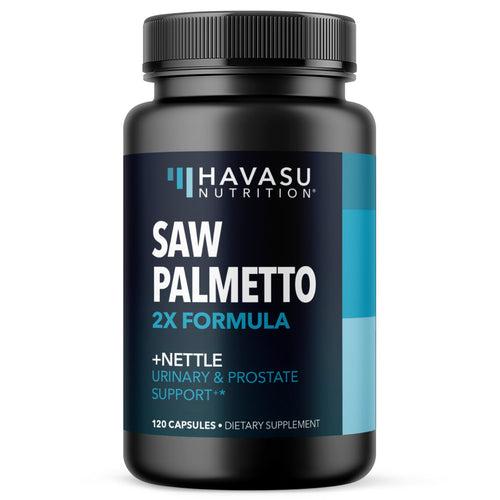
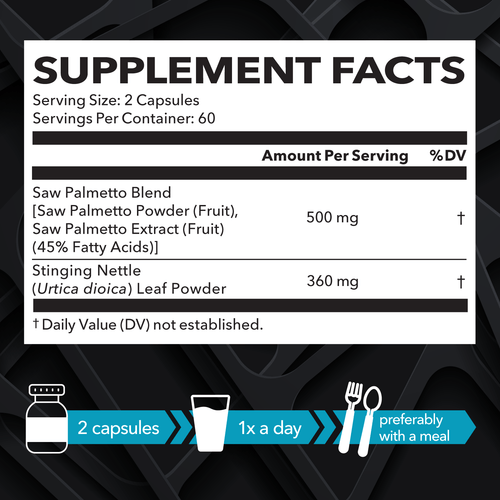
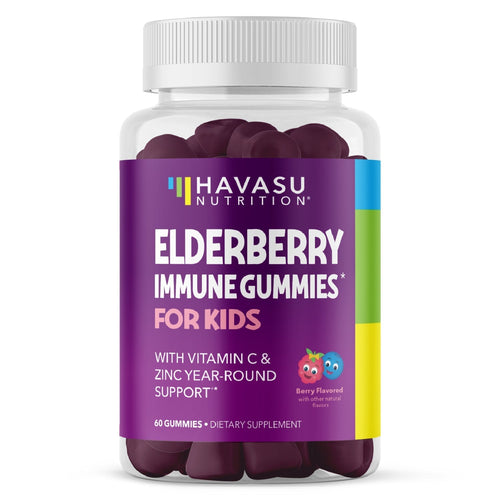
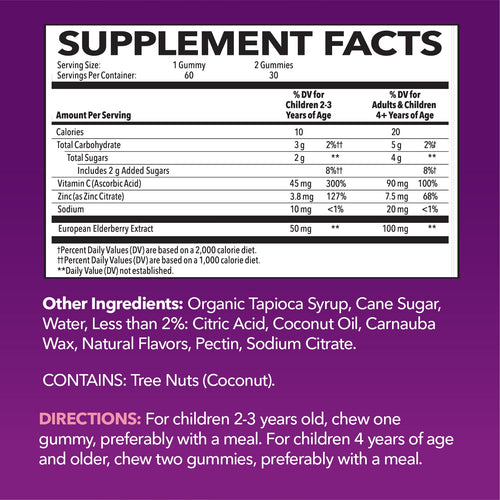
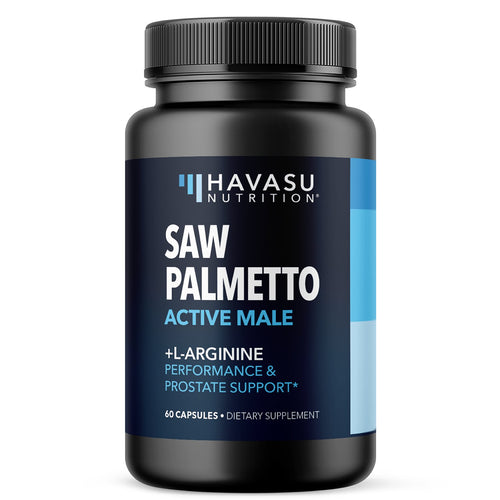
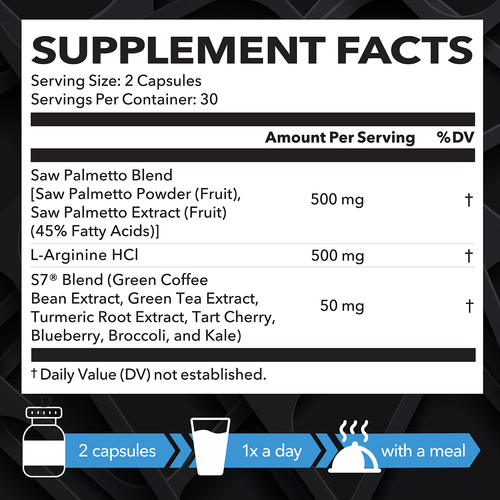
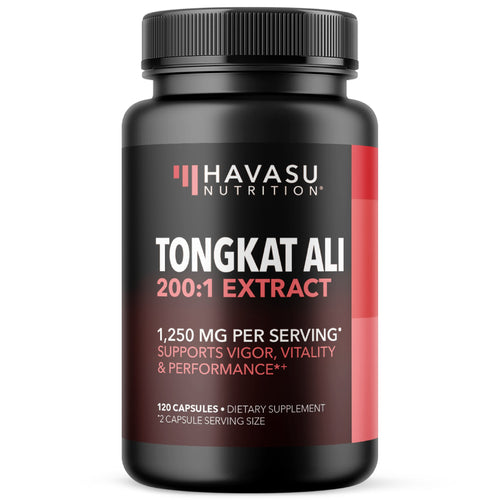
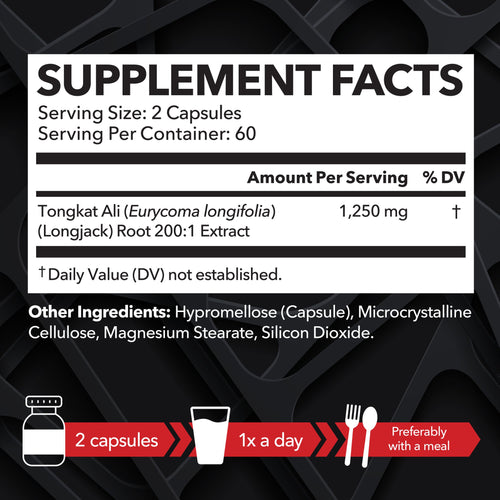
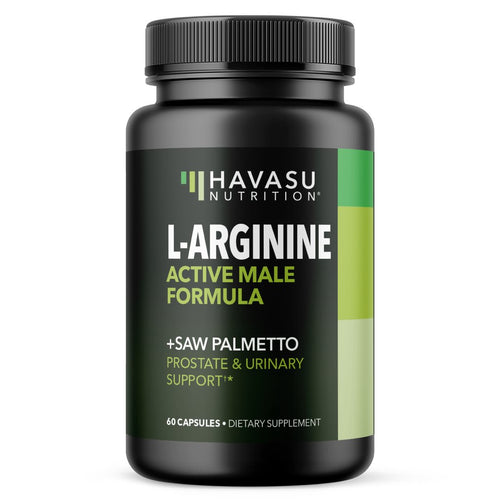
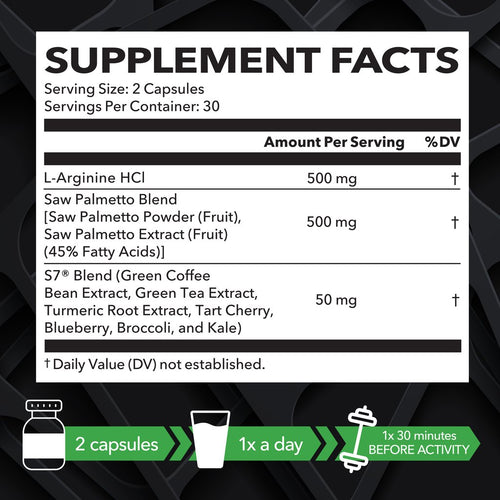
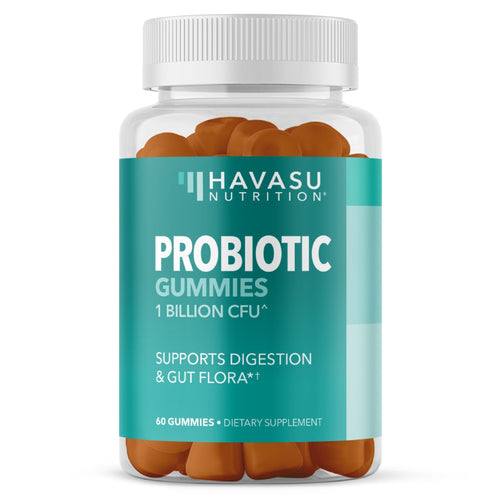
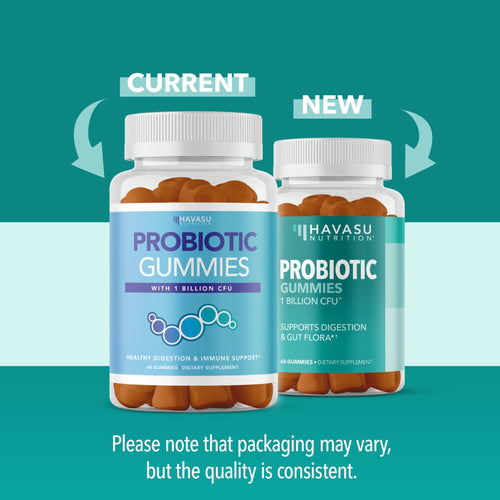
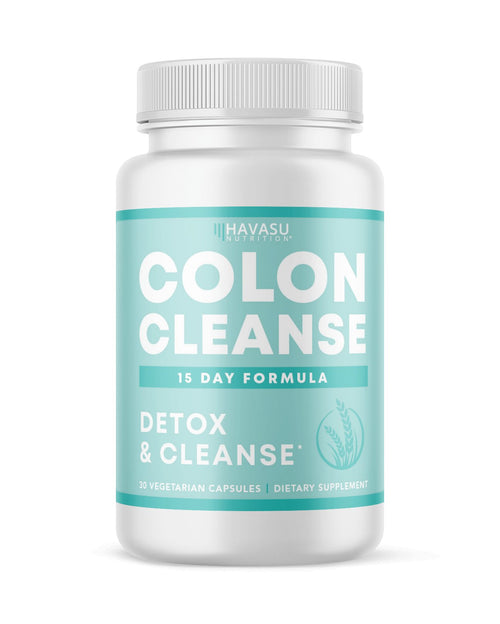
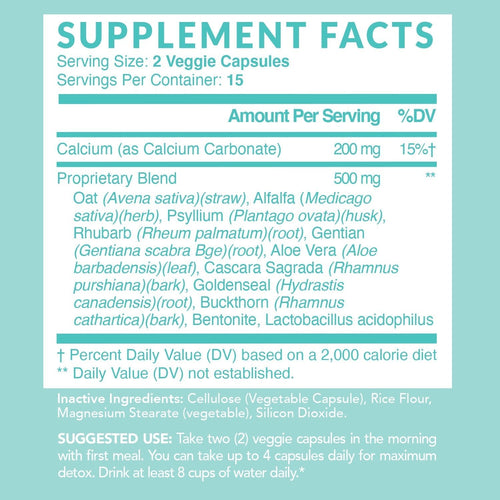
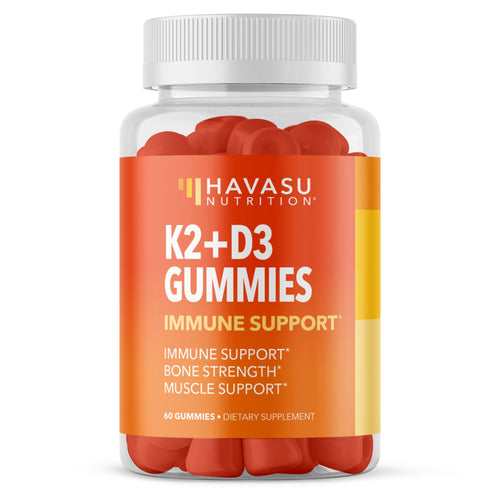
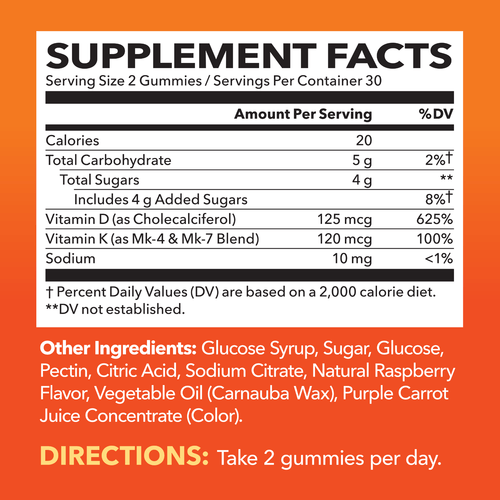
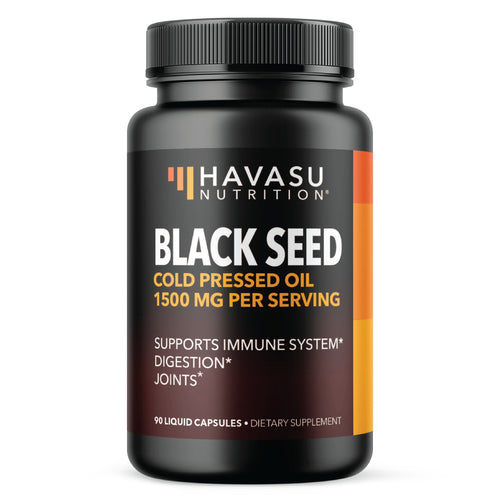
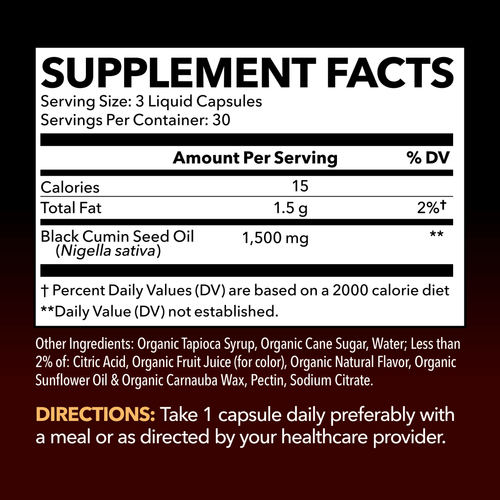
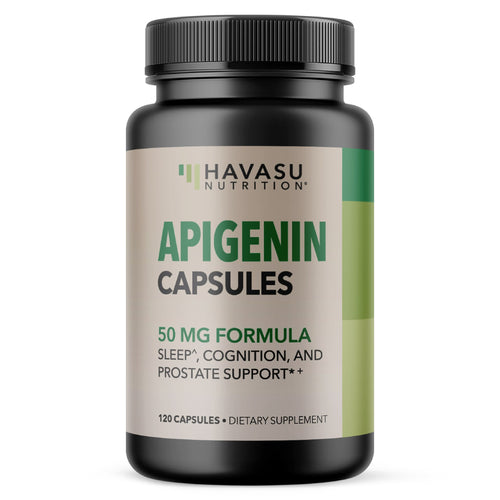
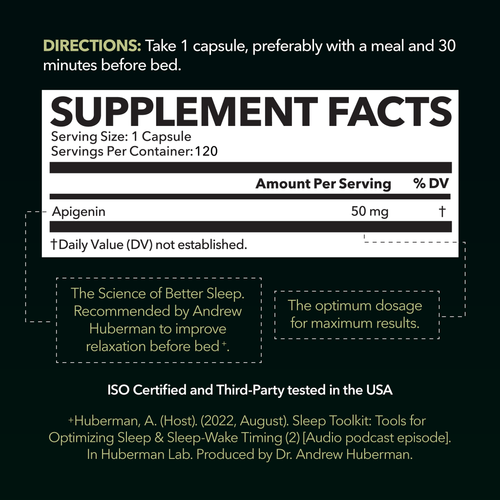
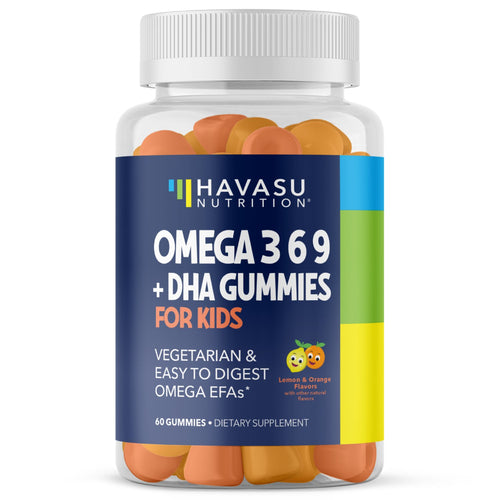
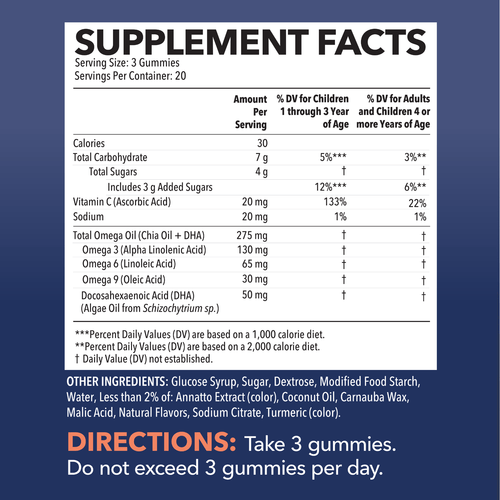
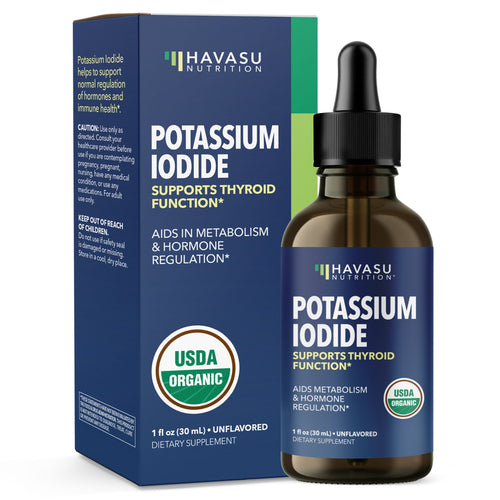
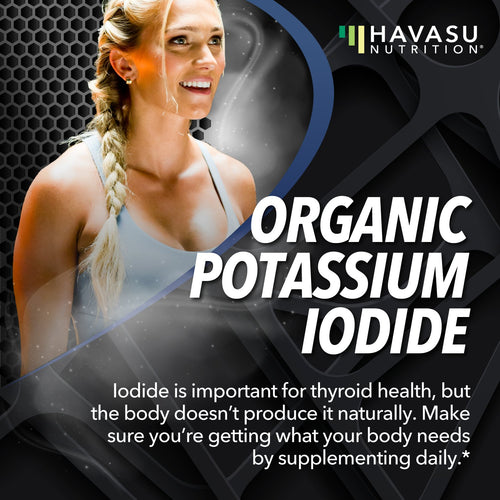
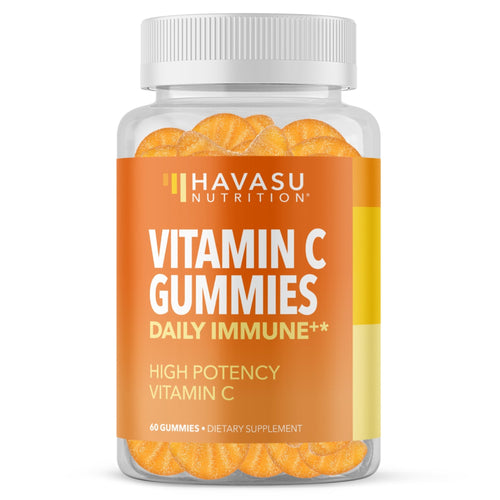
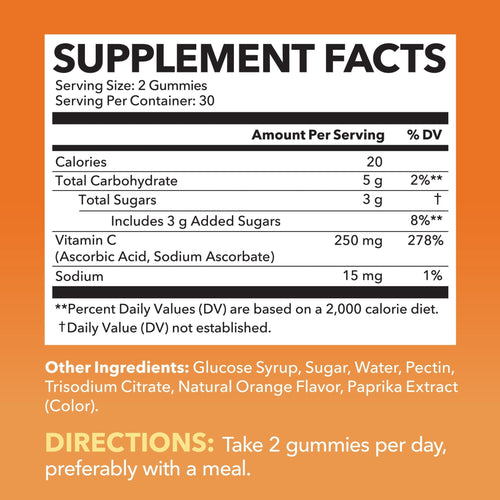
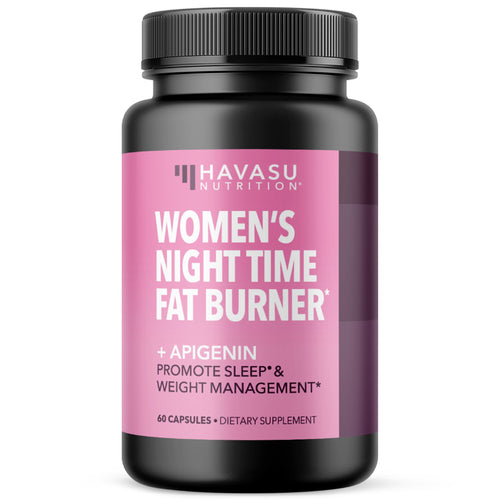
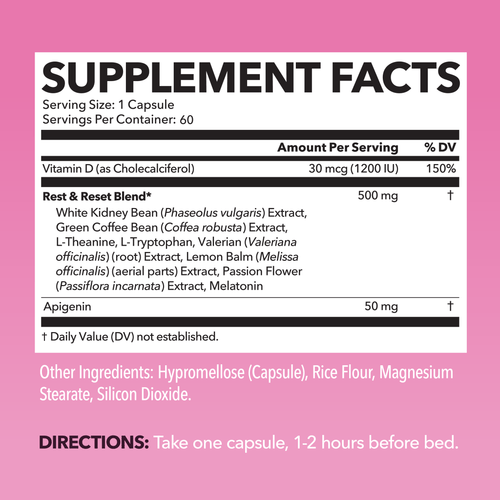
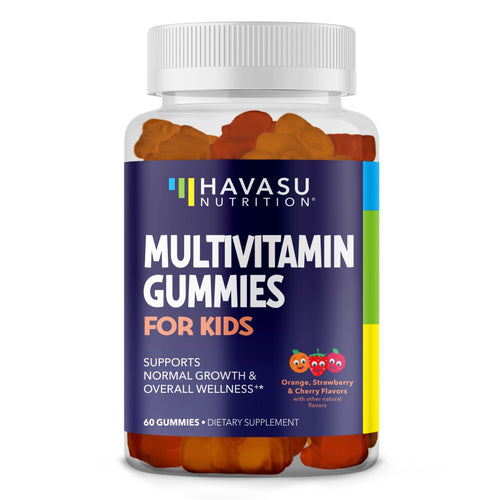
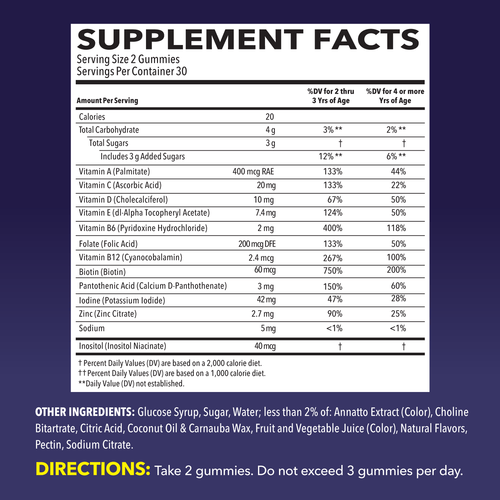
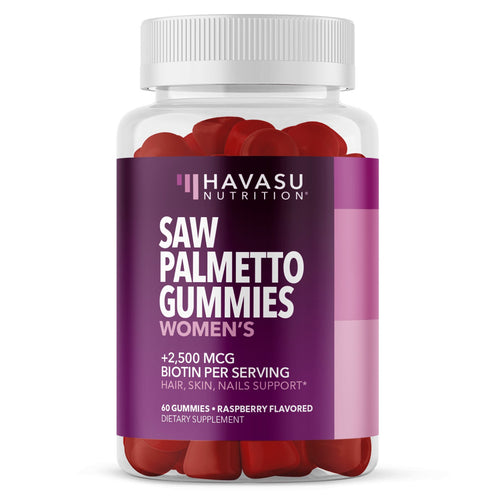
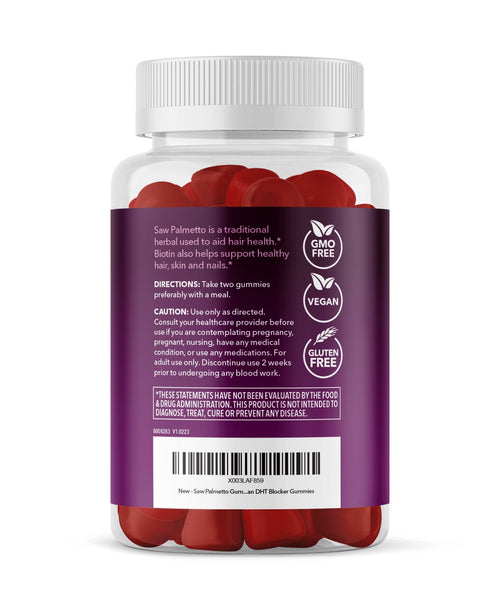
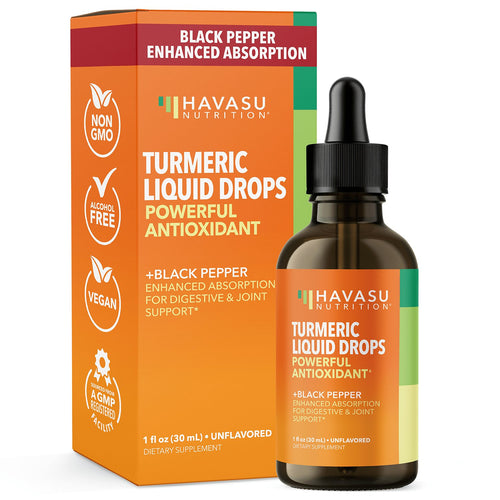
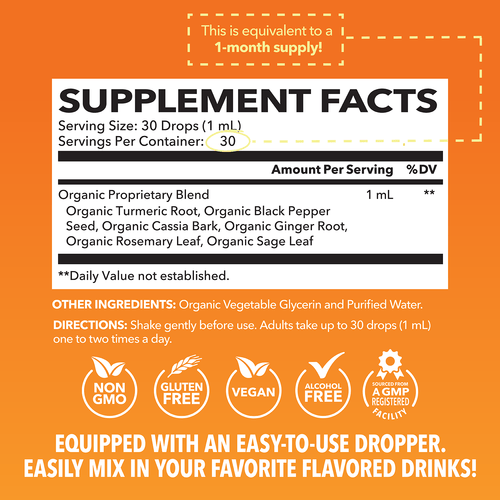
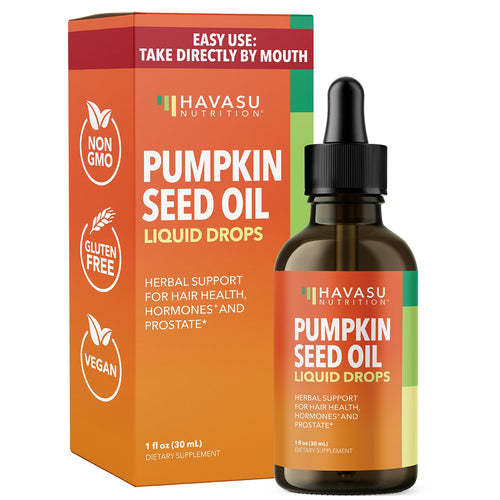
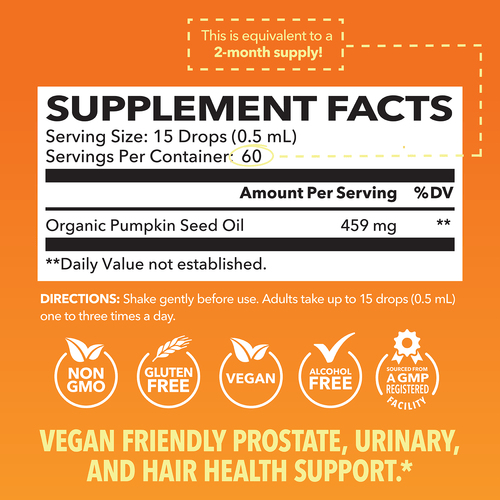
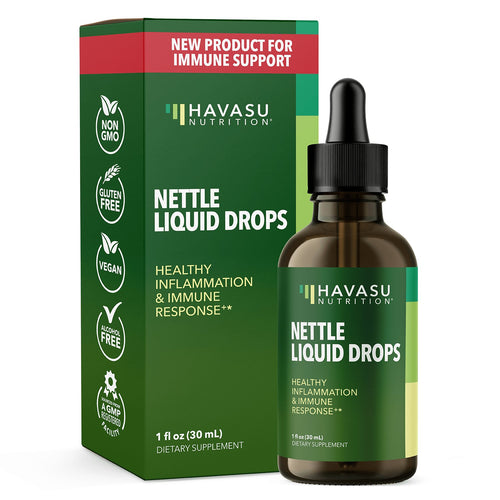
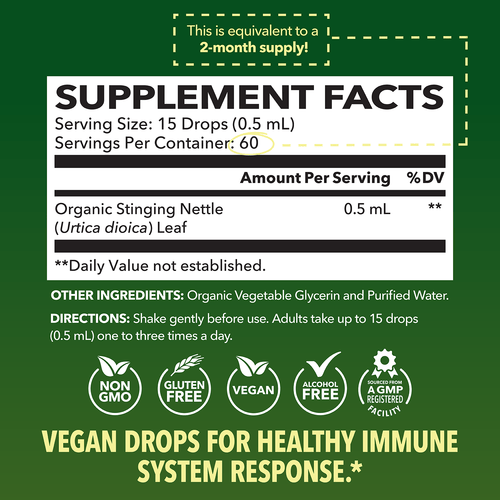
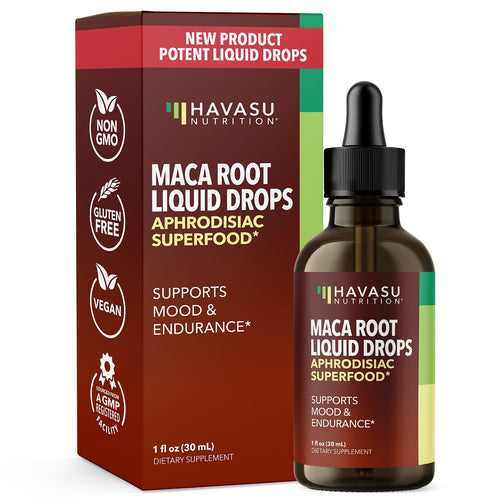
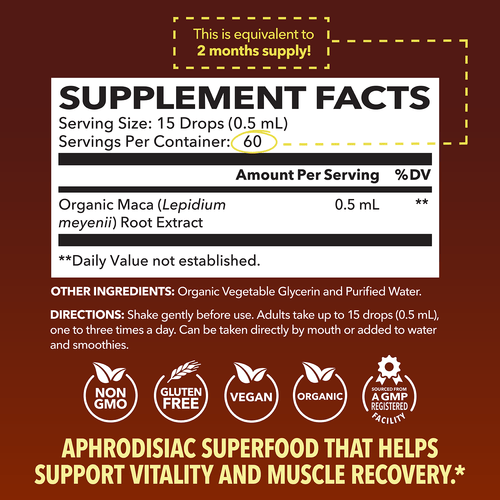
Heather
06/03/20
06/03/20
Where are your products sourced? I was looking into elderberry specifically, but also a list of all products’ harvested countries as well.
Thanks